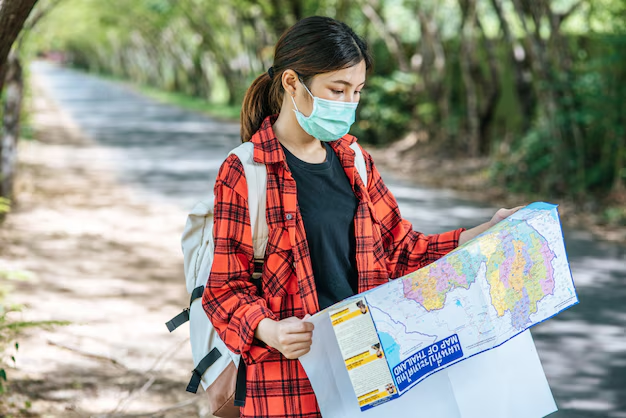Traveling responsibly is more than just exploring beautiful destinations—it’s about minimizing your impact on the environment, respecting local cultures, and contributing positively to the communities you visit. Supporting sustainable tourism ensures that future generations can enjoy these wonders too.
1. Understand Sustainable Tourism
Sustainable tourism focuses on minimizing the negative impact of travel while maximizing the benefits to local economies and ecosystems. Educate yourself about the principles of sustainability and seek out destinations that prioritize eco-friendly practices.
2. Choose Eco-Friendly Accommodations
Opt for hotels, resorts, or lodges that follow environmentally friendly practices, such as reducing waste, conserving water, and using renewable energy sources. Look for certifications like Green Key or LEED.
3. Respect Local Cultures and Traditions
Learn about the local culture, customs, and traditions before your visit. Show respect by dressing appropriately, following local etiquette, and engaging with the community in a meaningful way.
4. Reduce Your Carbon Footprint

Travel responsibly by using public transport, cycling, or walking instead of renting private vehicles. When flying, consider carbon offset programs to reduce the environmental impact of your journey.
5. Support Local Businesses
Shop at local markets, eat at locally-owned restaurants, and use services provided by small, local businesses. This supports the local economy and creates a more authentic travel experience.
6. Minimize Plastic Usage
Carry a reusable water bottle, straws, and bags to reduce single-use plastic waste. Avoid products with excessive packaging and opt for eco-friendly alternatives.
7. Be Mindful of Wildlife
Avoid participating in activities that exploit animals, such as elephant rides or tiger shows. Instead, choose responsible wildlife tours that focus on conservation and education.
8. Follow Leave No Trace Principles
When visiting natural sites, leave them as you found them. Avoid littering, stay on designated trails, and respect the natural habitat of wildlife.
9. Educate Others
Share your knowledge of sustainable tourism with fellow travelers and encourage them to adopt eco-friendly practices. Spreading awareness is key to creating a global culture of responsible travel.
10. Volunteer and Give Back
If possible, volunteer for local conservation or community development projects. Contributions like time or money can have a lasting impact on the destinations you visit.
Conclusion
Traveling responsibly and supporting sustainable tourism is about creating a positive impact on the environment, local communities, and cultures. By making mindful choices, travelers can preserve the beauty of the world and ensure that tourism remains a force for good. Small actions, like reducing waste or supporting local businesses, can collectively make a significant difference.
FAQs
Q. What is sustainable tourism?
Sustainable tourism aims to minimize the environmental and social impact of travel while benefiting local communities and preserving natural resources.
Q. How can I support local communities while traveling?
Shop at local markets, dine at locally-owned restaurants, and use services provided by small businesses to directly contribute to the local economy.
Q. What are eco-friendly accommodations?
Eco-friendly accommodations implement sustainable practices, such as conserving water, reducing energy usage, and minimizing waste.
Q. Why is reducing plastic important while traveling?
Reducing plastic waste helps protect marine life and ecosystems and reduces the strain on local waste management systems.
Q. How can I travel responsibly with wildlife?
Avoid activities that exploit animals and choose responsible wildlife tours that focus on conservation and education.

